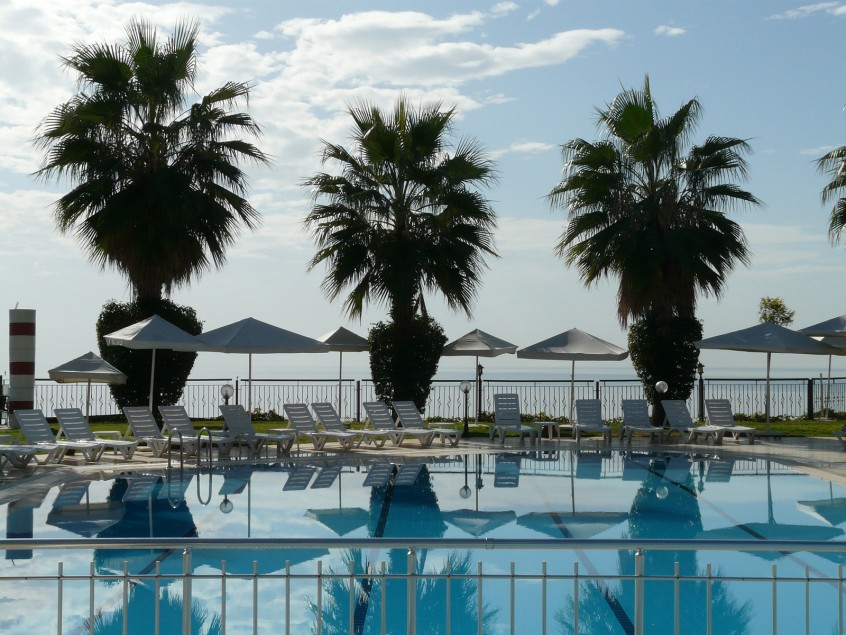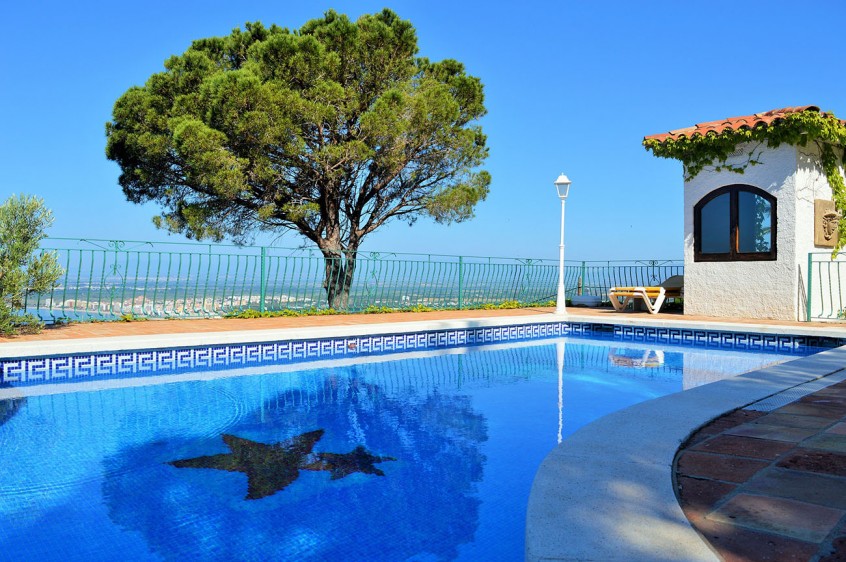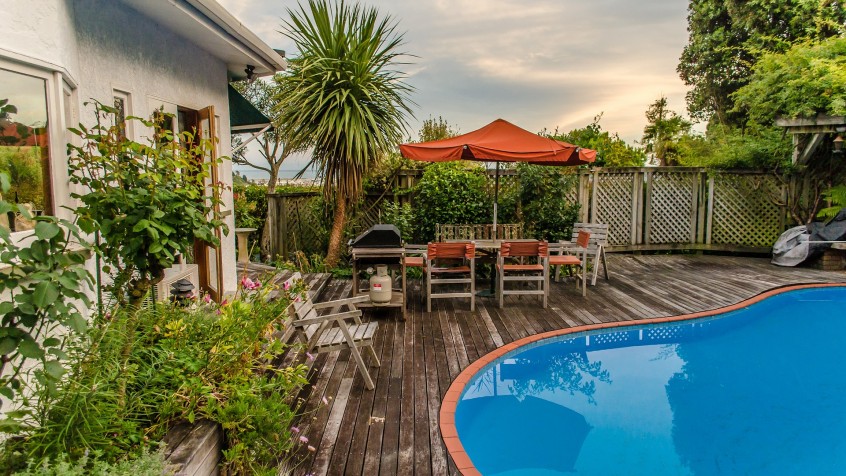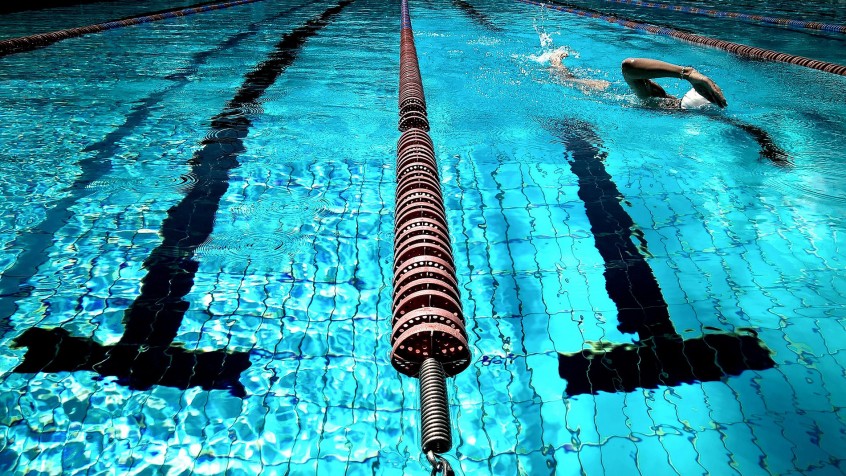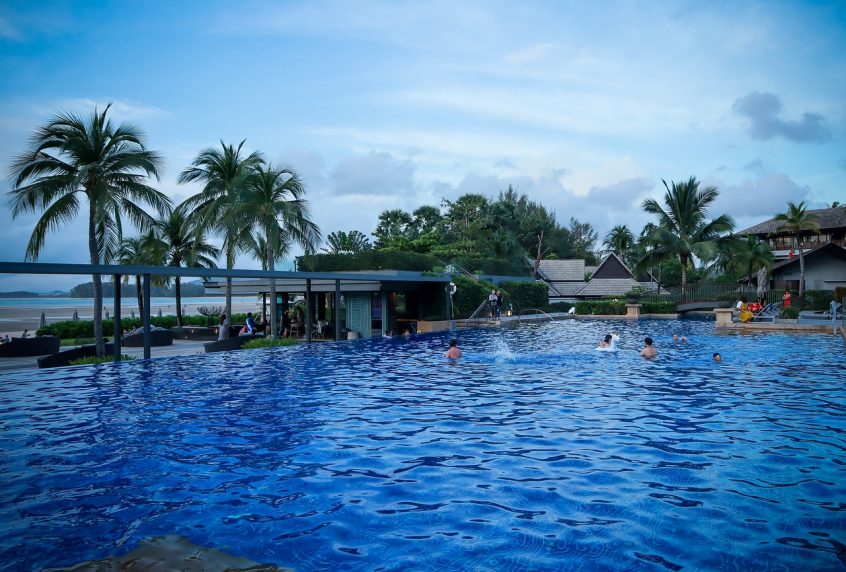Automatic pool cleaners can simplify pool maintenance, but only when they are functioning properly. Thankfully, most pool cleaners work well most of the time. Occasionally, however, a pool may not be as clean as the owner would like, so it is important to know a few things about ensuring the long-term successful use of these relatively simple machines. Before moving … Read More
Differentiating Stains and Determining Treatment
Staining is a problem many pool and spa owners will contend with at some point. It is a nuisance that detracts from a pool or spa’s overall aesthetic value and can contribute to surface deterioration. Staining can be prevented; however, the conditions, which ultimately cause it to happen must be recognized first. Once an operator understands the mechanisms causing surface … Read More
The Intricacies of Automated Chemical Controllers
Proper water balance in commercial pools and spas can be the difference between a safe, attractive facility and a disastrous one. Advances in chemical automation, disinfection methods, and better education on the problems associated with water chemistry have made the aquatic facility operator’s job easier when ensuring pool and spa water is safe for bathers. Oxidation reduction potential (ORP)/pH controllers … Read More
Embracing Green Technologies Can Make a Difference
Adopting a socially responsible approach to green initiatives can help take the pool and spa industry to the next level. By committing to sustainability strategies and embracing newer technologies, pool and spa professionals can pledge to change their attitudes toward waste reduction and develop an energy conservation plan, opening the doors to new revenue opportunities and a positive, “green” public image. … Read More
How to Train and Hire Temporary Employees
Certain things are inherent to the role of operating a business: meeting with vendors, picking out a POS system and, of course, hiring that all-important staff. But before an employee is deemed fit for face-to-face customer contact, or even to spend days logging inventory in the stock room, he or she must be trained in the ways of the store. … Read More
Prevention is the Best Strategy Against Pool Stains
Getting the Stains Out The key is to take action before problems appear The causes of pool stains are no mystery: organic material, such as algae and tannins from plants, or inorganic material, such as metals, has become attached to the pool surface. Additionally, plaster pools can have grayish staining caused by occluded water (sometimes called hydration staining). But while … Read More
Another Way to Sanitize Pool Water Without Using More Chemicals
Today, industry professionals face a number of questions from clients on how they can use fewer chemicals (i.e.chlorine [Cl] and/or bromine [Br]) in their pool, what alternatives are available to reduce chemical odors in and around the water, and what options do they have in cases where children may have sensitive skin and develop rashes or hives in pools using … Read More
Selling the Idea of Less Work and More Fun
There has been a revolution in home technology gradually gathering momentum over the past 10 years. What started out as gadgetry for only the wealthiest or most technology-obsessed early adopters has steadily transformed into normal expectations for convenient living and peace of mind. Broadband penetration with lightning-fast speeds has now reached the majority of North American homes, meaning consumers can … Read More
Understanding Water Treatment Technologies
All water treatment technologies involve a physical change to the water that they are processing. The nature of the change truly defines the technology. Subtractive treatment The most commonly understood and frequently used type of water treatment technology is subtractive; something is removed from water for health or aesthetic reasons. Contaminants are physically removed from the water using a physical separation or adsorptive process. Within the … Read More
Water Matters: A New Standard for Pool Chemicals
Everyone is familiar with chlorination of swimming pools. This is a long-standing practice that has been used for many years to help improve the safety of swimming pools and reduce the incidence of communicable diseases associated with swimming in them. In recent years, however, there has been a proliferation of new techniques to disinfect and treat swimming pool water to … Read More


